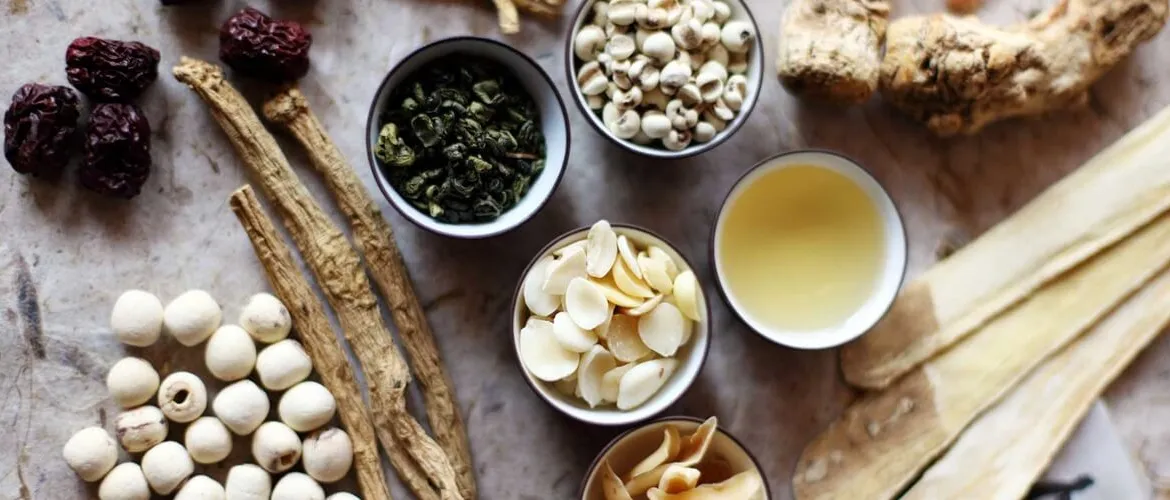Arthritis, a condition causing debilitating joint pain and inflammation, affects individuals globally. While modern medicine offers various treatments, many are seeking relief in the holistic approach of traditional Chinese medicine (TCM). This article delves into the ancient wisdom of TCM and its application in managing arthritis. We explore the TCM perspective on arthritis, the range of TCM treatments including acupuncture, herbal medicine, Tui Na massage, and dietary therapy, backed by modern research.
Understanding Arthritis from the TCM Perspective
In TCM, arthritis is viewed as a blockage in the flow of Qi (vital energy) and blood, resulting in pain and stiffness. This blockage, or “Bi Syndrome,” can be caused by external factors like wind, cold, and dampness, or internal factors like emotional stress and poor diet. TCM aims to restore balance and enhance the body’s innate healing abilities.
Acupuncture and Arthritis
Acupuncture, a key component of TCM, involves the insertion of thin needles at specific points to stimulate the body’s energy pathways. Research indicates that acupuncture can help alleviate arthritis symptoms, including pain and stiffness. By stimulating specific points, acupuncture can help restore the flow of Qi and blood, reducing inflammation and alleviating pain.
Herbal Medicine for Arthritis Relief
TCM employs a vast array of herbs to treat arthritis. Turmeric and its active ingredient curcumin, for instance, have anti-inflammatory and analgesic properties that can help manage arthritis symptoms. The Bi-Qi capsule, a TCM formula approved by the Chinese Food and Drug Administration, is used to treat rheumatoid arthritis.
Tui Na Massage and Diet Therapy
Tui Na massage manipulates the body’s meridians to promote the flow of Qi and blood. Used alongside acupuncture and herbal medicine, this therapeutic massage can enhance their effects. In TCM, diet plays a crucial role in health maintenance. Certain foods can exacerbate arthritis symptoms, while others can help alleviate them. Personalized dietary recommendations form an integral part of a comprehensive TCM treatment plan.
Modern Research on TCM for Arthritis
Modern research supports the efficacy of TCM in treating arthritis. A study found that the Chinese herb Tripterygium wilfordii Hook F (TwHF) was just as effective as methotrexate, a common drug for rheumatoid arthritis. Meanwhile, TCM formulations based on combinations of typically 5–10 herbs have been used against rheumatoid arthritis for a long time.
Choosing the Right TCM Practitioner
Finding a qualified TCM practitioner is crucial for successful treatment. They should be able to diagnose your condition accurately, prescribe appropriate treatments, and monitor your progress.
Conclusion
In conclusion, traditional Chinese medicine for arthritis offers a comprehensive and holistic approach to managing it. From acupuncture and Tui Na massage to herbal remedies and dietary adjustments, TCM targets both the symptoms and underlying imbalances causing arthritis. Modern research supports the efficacy of TCM treatments, with some studies showing that Chinese herbs can be as effective as conventional drugs in alleviating arthritis symptoms[^7^]. With its focus on restoring balance and enhancing the body’s natural healing abilities, TCM provides an ancient yet relevant solution to the modern problem of arthritis.


